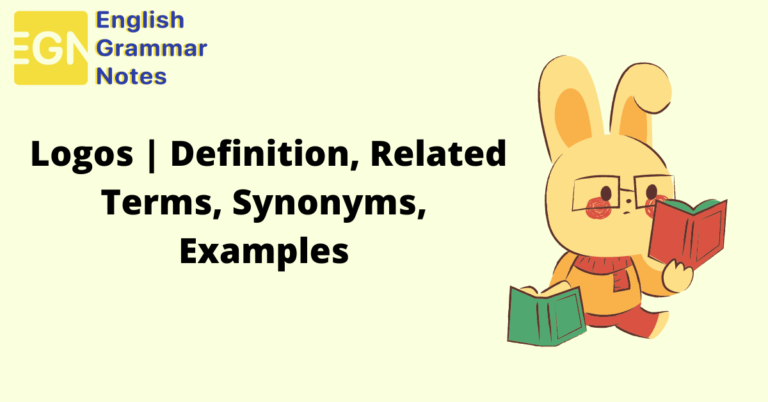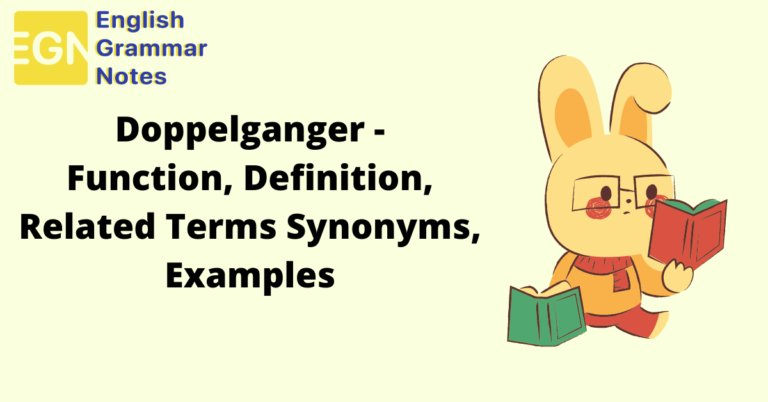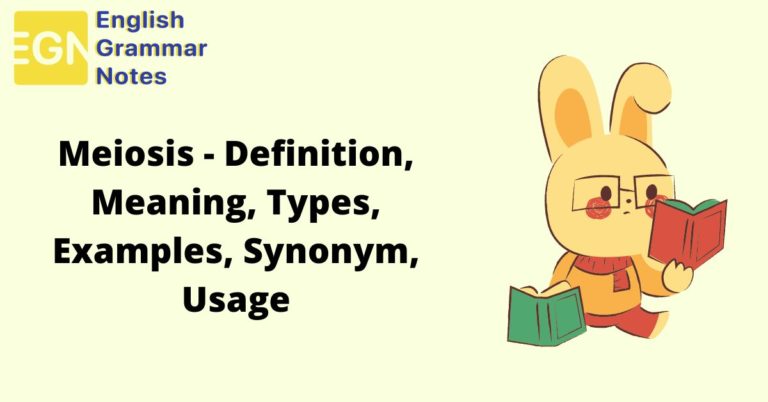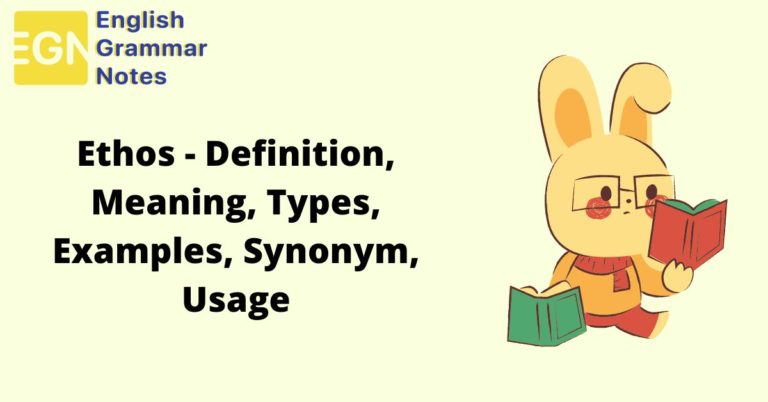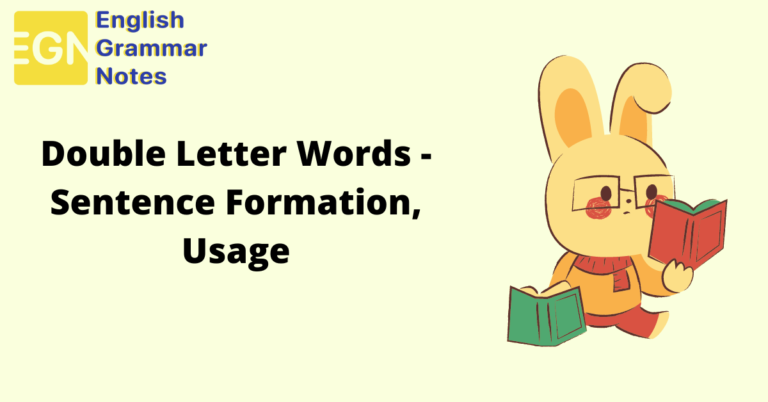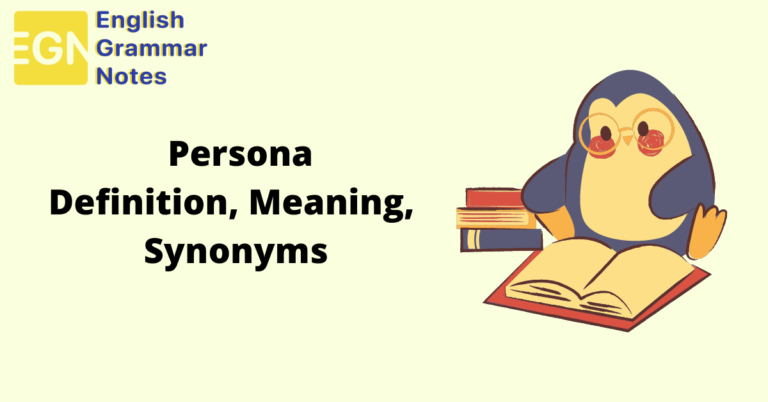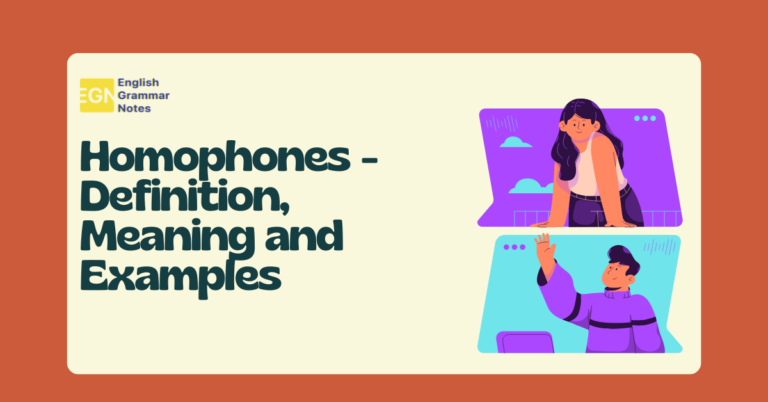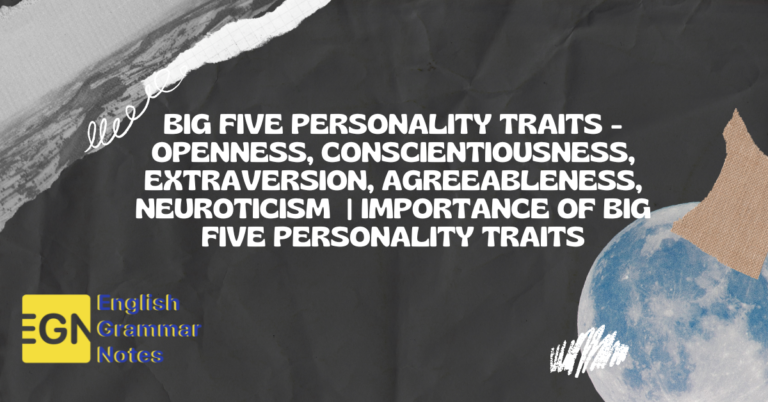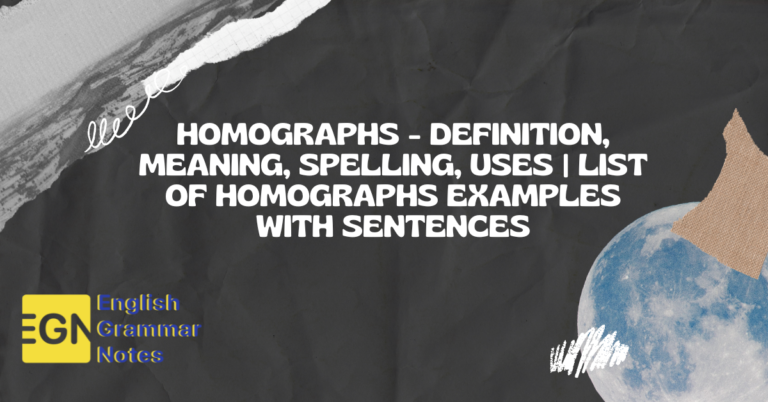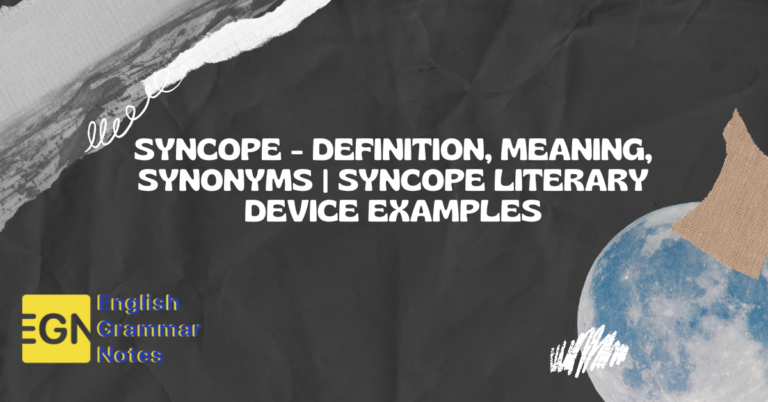Logos | Definition, Classification, Function, Meaning, Synonyms, Examples
Logos, a valuable device in literature, rhetoric, and other forms of writing, is an unavoidable component of any good piece of writing. Logos has its roots in the Greek word “logos”, which means “logic”. You might wonder why this matters. Indeed, logos is one of the three main methods of argumentation introduced by the ancient Greek philosopher Aristotle. In this article, you will be introduced to all the essential information about logos, including their definition, examples, significance, characteristics, etc. Logos Definition Classification of Logos Logos’ Function Pathos, Ethos, and Logos FAQs on Logos Logos Definition A logos is a literary device that comes as a statement, sentence, or argument. It is used to convince or persuade the reader by appealing to reason or logic. Besides logos, arguments depend upon pathos and ethos. “Logos,” as mentioned earlier, is a Greek word that has different meanings, including “reason,” “discourse,” and “plea.” A definition of logos was provided by Aristotle in his work Rhetoric, where he defined logos as “reasoned discourse”, pertaining to the realm of public speaking. Learn Grammar concepts easily by using our English Grammar Notes website. It will improve your communication skills easily. Classification of Logos Given below are two categories of …
